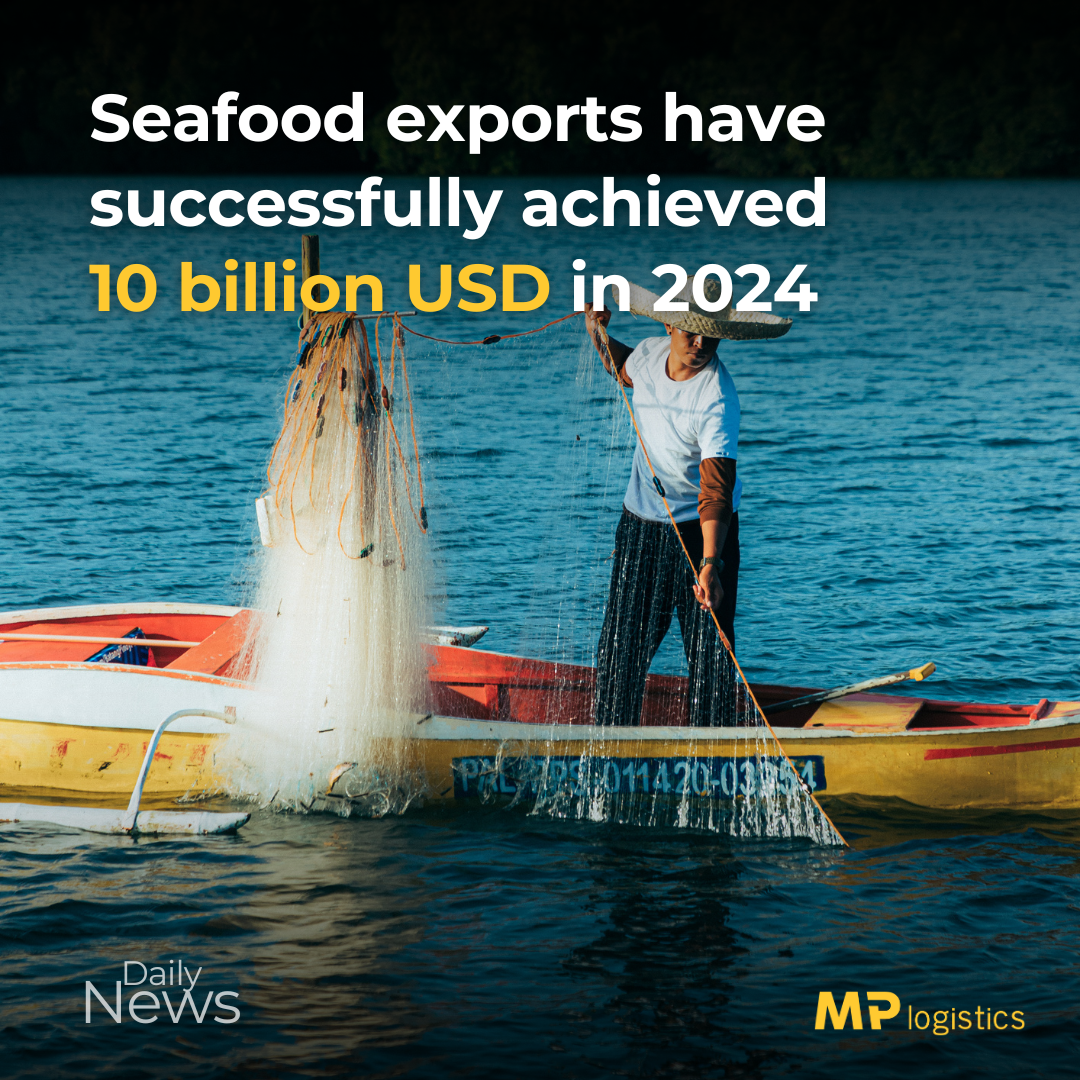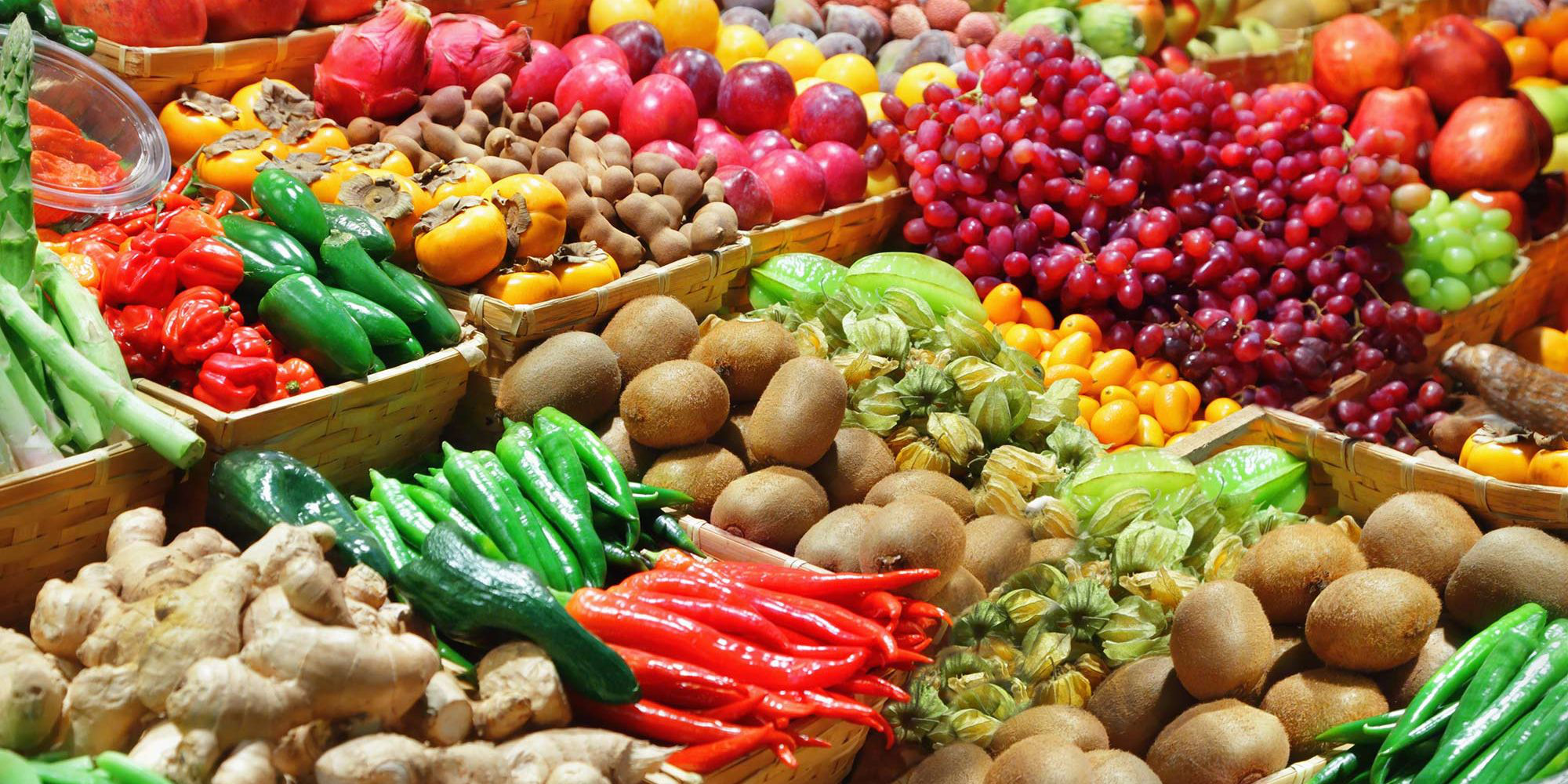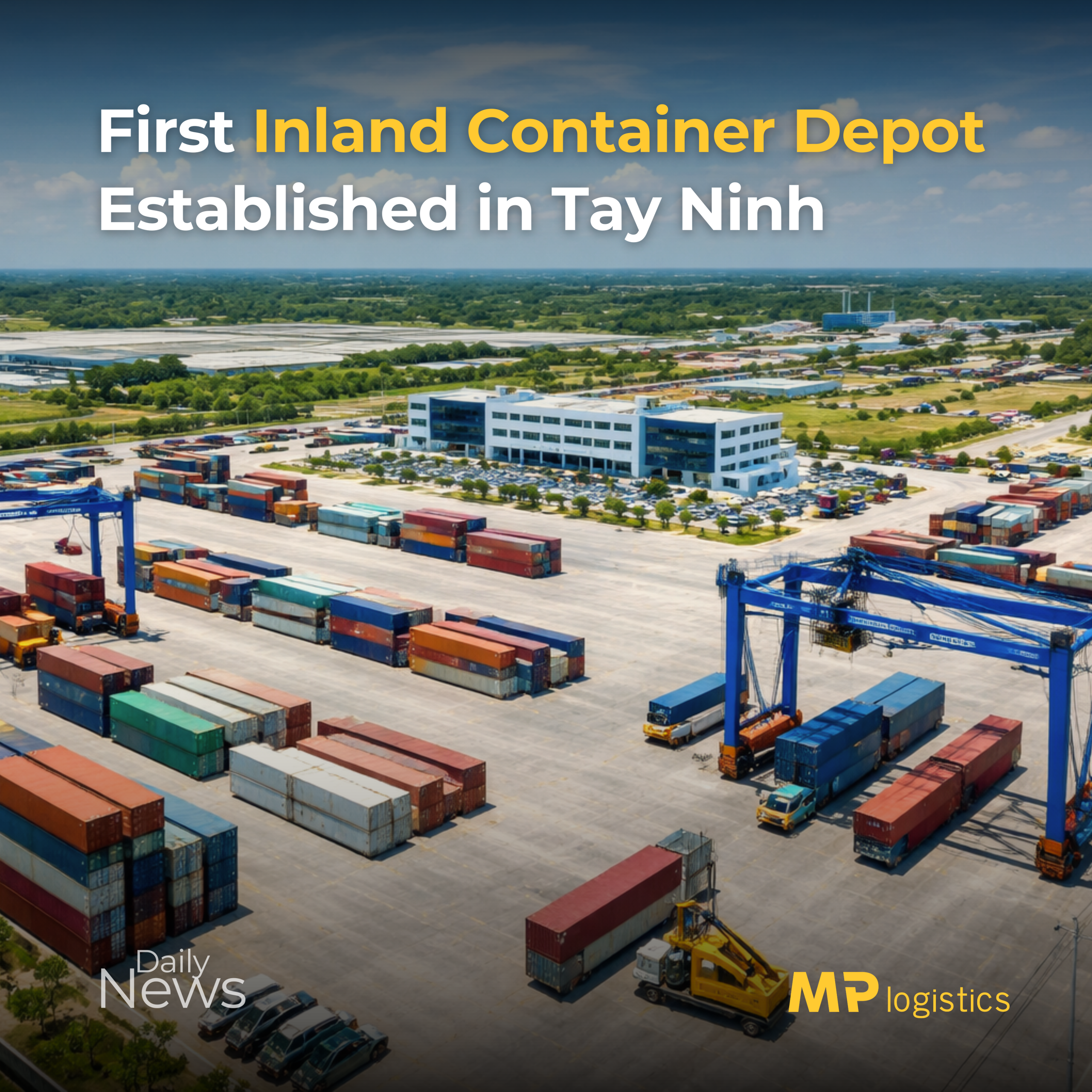
On the evening of December 23, 2024, in Ho Chi Minh City, the Vietnam Association of Seafood Exporters and Producers (VASEP) held a “Celebration Ceremony for Seafood Exports Reaching 10 Billion USD in 2024”.
Speaking at the ceremony, Ms. Nguyen Thi Thu Sac, President of VASEP, emphasized that the context of 2024 is more difficult than favorable, but with a creative spirit and flexible adaptability, the Vietnamese seafood industry has achieved impressive results with an export value of 10 billion USD, an increase of 12.7% compared to 2023. In particular, key products all grew positively such as: shrimp 4 billion USD, an increase of 16.7%; tuna nearly 1 billion USD, an increase of 17%; pangasius 2 billion USD, an increase of 9.6%; squid, octopus estimated at over 600 million USD…
VIETNAM IS 3RD ON THE WORLD AQUACULTURE MAP
The fisheries industry – a key economic sector, makes an important contribution to the Vietnamese economy, accounting for 16% of the total export turnover of the agricultural sector. With an export turnover of 9 – 11 billion USD per year, the Vietnamese fisheries industry is proud to be 3rd on the world fisheries map, just behind China and Norway.
The above figures show that the fisheries industry is on the right track in sustainable development and increasing the added value of products. Vietnamese fisheries enterprises have gradually promoted the application of science and technology in the farming and processing process, not only improving productivity and product quality but also contributing to expanding the export market. These advances have been affirming the position of the Vietnamese fisheries industry, enhancing its competitiveness in the international arena.
Speaking at the event, Deputy Minister of Foreign Affairs Nguyen Minh Hang congratulated VASEP and its member enterprises on their impressive achievements in 2024. Notably, in the context of many unfavorable factors in the world economy, the seafood industry still reached the export milestone of 10 billion USD, maintaining its position as the world’s third largest seafood exporter after China and Norway, with a market covering all 5 continents.
Deputy Minister Nguyen Minh Hang also congratulated the 49 outstanding enterprises honored and receiving the Export Enterprise of the Year Award 2024; at the same time, he said that seafood is one of the key agricultural export industries, with high competitiveness, leading in green transformation and sustainable development in Vietnam.
“There is still a lot of room for development, because according to the Food and Agriculture Organization of the United Nations (FAO), the global seafood market is estimated to be nearly 180 billion USD and maintains a very positive growth rate. Therefore, we have every basis to set a further target, not just 10 billion USD,” Deputy Minister Nguyen Minh Hang expected.
According to Deputy Minister Nguyen Minh Hang, the urgent issue now is to turn desires and visions into specific plans and actions; turn ideas and initiatives into resources; turn cooperation commitments into specific results and products. “Faced with the current trend of developing a green and sustainable seafood industry in the world, Vietnam also needs to quickly adapt and transform to catch up with the opportunity. The requirement is how to develop modern farming technology, reduce environmental impacts, protect marine ecosystems, apply biotechnology to improve aquatic breeds; how to diversify aquatic products, especially clean and organic aquatic products to penetrate high-end markets; and it is necessary to further promote digital transformation and e-commerce for agricultural products in general and aquatic products in particular,” said Ms. Nguyen Minh Hang, Deputy Minister of Foreign Affairs.
In the coming time, the Ministry of Foreign Affairs is committed to accompanying VASEP and businesses on the path to developing the aquatic products industry, through improving the efficiency of foreign economic relations and international integration, especially connecting partners; expanding and diversifying export markets to new regions (Middle East, Latin America, etc.); support to remove obstacles and trade barriers for businesses (remove IUU yellow cards, anti-dumping lawsuits, etc.), promote cooperation in financial and technical support, focus on leading, spreading and breakthrough projects, etc.
THE FISHERY INDUSTRY NEEDS TO IMPLEMENT 3 KEY CONTENTS
Speaking at the conference, Deputy Minister of Agriculture and Rural Development Phung Duc Tien congratulated VASEP and its member enterprises on the impressive achievements in 2024. Deputy Minister Phung Duc Tien emphasized a number of key contents for the fisheries industry to overcome challenges and develop even more strongly in 2025.
2024 is considered a year with many challenges, conflicts and political instability in a number of countries and regions around the world, leading to high inflation, increased unemployment, and economic instability in many countries. stable, the impact of market barriers has greatly affected Vietnam’s seafood exports. In addition, difficulties in the environment, epidemics, natural disasters in general, especially Typhoon Yagi (Typhoon No. 3) have caused great damage to the seafood industry, affecting hundreds of boats and thousands of hectares, thousands of aquaculture cages, causing economic losses of hundreds of billions of VND for businesses and farmers and fishermen, however, the whole industry has overcome, maintaining growth and export turnover.
“The coordination between the Ministry of Agriculture and Rural Development and VASEP is always very close, especially in directing production, supporting the market and improving the competitiveness of businesses”, Deputy Minister Phung Duc Tien affirmed.
Deputy Minister Phung Duc Tien said that 2025 will continue to pose new challenges for the fisheries industry, in which resolving the IUU yellow card, adapting to climate change, environmental pollution and market barriers will be important goals.
“With determination and creativity, the Vietnamese fisheries industry will move towards the target of 11 billion USD in 2025, in the context of improved raw material sources and expanded export markets. In particular, improving product quality and improving the reputation of enterprises will help us increase market share, affirming the position of Vietnamese fisheries in the international arena….”, Deputy Minister Phung Duc Tien believes.
To achieve the above goals, Deputy Minister Phung Duc Tien requested VASEP, the business community, farmers and fishermen in the fisheries industry to work together to effectively implement the 3 key objectives.
Firstly, do a good job of mobilizing and propagating members to strictly implement the provisions of the Fisheries Law and guiding documents, especially related to the regulations on the use of chemicals and antibiotics; implement regulations on food safety, apply technology in the production and processing chain towards a circular economy, reduce greenhouse gas emissions and protect the environment…
Secondly, strengthen cooperation and solidarity among enterprises in accessing, maintaining and expanding, diversifying markets, complying with the regulations of Vietnam and import markets, resolutely eliminating manifestations of disunity, unfair competition, violations of the law, and unsustainable development. To continue expanding the seafood export market, in addition to the markets of China, the US, Japan, the EU… it is necessary to focus on developing the export of seafood products to Halal and Middle Eastern markets…
Thirdly, promote linkages between units participating in the production chain to improve quality, ensure traceability, and continue to increase the proportion of value-added export items. Timely notify relevant ministries and branches of any problems in the export process for timely handling measures; continue to proactively propose amendments and improvements to policies to create maximum conditions for production and export activities while still ensuring management requirements and sustainable growth.
Source: VNECONOMY
 info@mplogistics.vn
info@mplogistics.vn (+84) 28 3811 9033
(+84) 28 3811 9033


 VN
VN